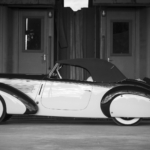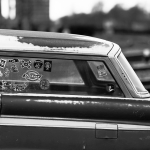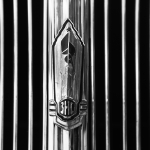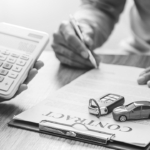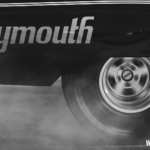Used cars are attractive for one reason: a low price tag. If new cars were priced the same as used cars, we’d all queue up at the end of the production line to purchase our brand-new vehicles on the same day that they are completed and ready for sale. Alas, the difference in price is more than noticeable, and not all of us enjoy that kind of privileged spending power. The market for used cars is huge, supported by the sale and resale of cars by the majority of motorists. Due to the fact that cars depreciate in value over time, there is a natural trade-off between when to buy (relevant to what we can afford) and when to sell (relevant to how much money we would like to get back).
If you’re hoping to buy a used vehicle and sell it at some point in the near future for a decent return on your investment (for money towards your next car, for example), we must look at how to protect the resale value of your car. First, however, we should mention that if your resale value has been affected by a knock or bump from another vehicle – while backing out of a parking space, for example – you might need to look into the legal side of things.
Select a brand known to have a higher resale value
Second-hand cars can be cheap. Really cheap. Well, in comparison to brand new cars, that is. The thing to notice is that groups of car brands fall into defined price ranges. Of course, money doesn’t grow on trees and we can all only afford as much as we can afford, but that doesn’t mean we can’t make choices within our spending limits. Choose a car brand with a relatively higher desirability value, and you may indeed pay slightly more than less attractive brands in the lower end of the price range, but making this choice now will pay dividends in one to three years in terms of an eventual higher resale value.
Be aware of local brand-specific garages
People will be put off from buying a second-hand car from you if there is little local support in terms of garages that service the brand in question. Mixed with questions over any potential popular myths about brand reliability, the value of a car that is prone to mechanical shortcomings and does not have local support for parts and labour will be significantly affected. Stick to brands that are known to perform well over many years, and brands that are not comparatively difficult or expensive to repair.
Do not buy cars with a high number of previous owners
You may only be looking to own a car for around 12-18 months before selling it on. This could mean that you are, in fact, not at all bothered when it comes to the number of previous owners. However, beware that a high number of previous owners typically sets alarm bells ringing in buyers – especially in buyers who are looking for long term use of a vehicle (perhaps the buyer is looking for a family car that will not be replaced for many years). Try to purchase a vehicle with only one, two, or three previous owners if you wish to protect the eventual resale value.
